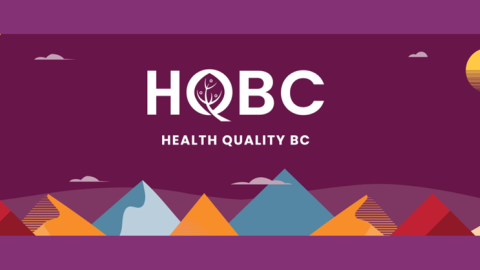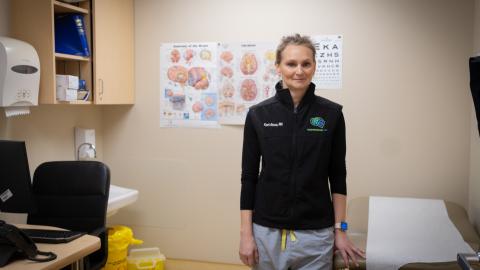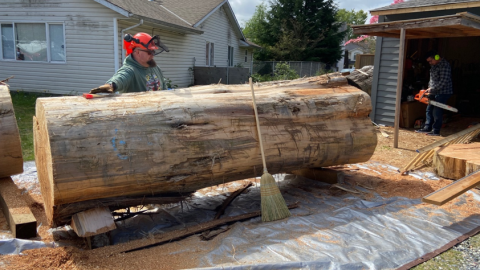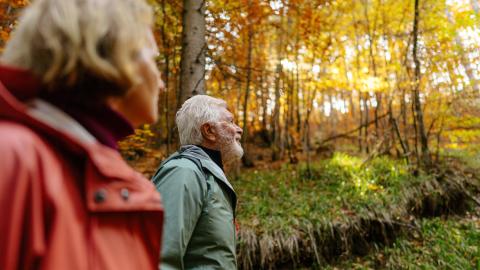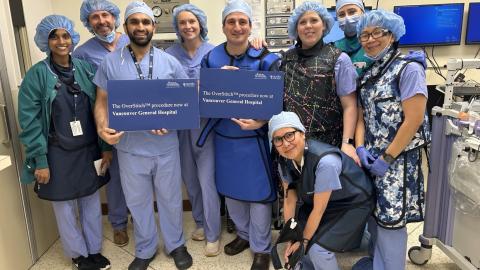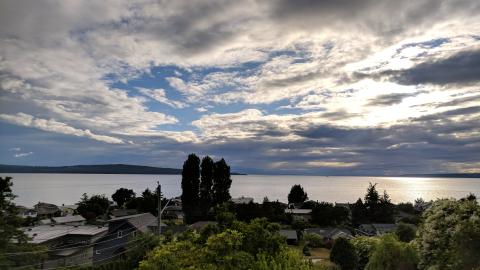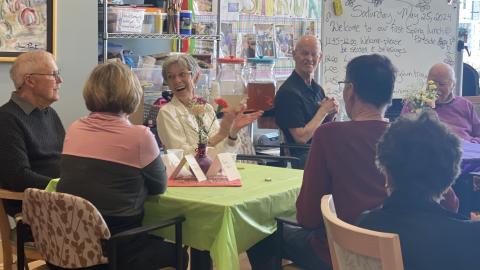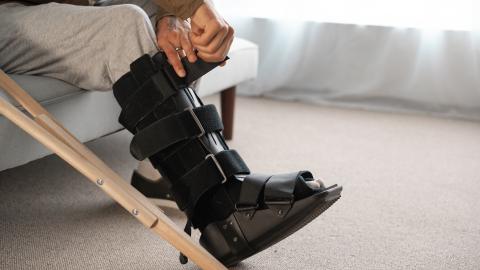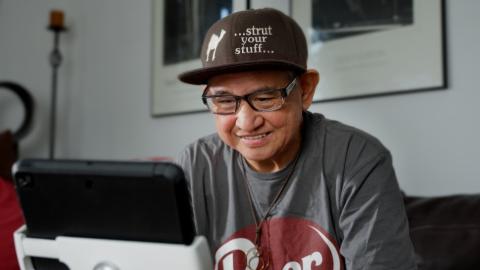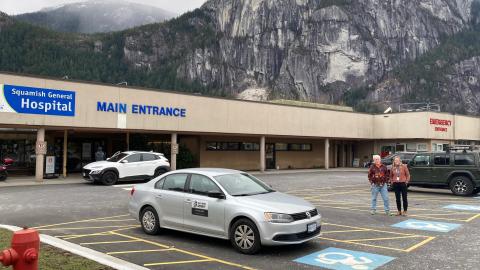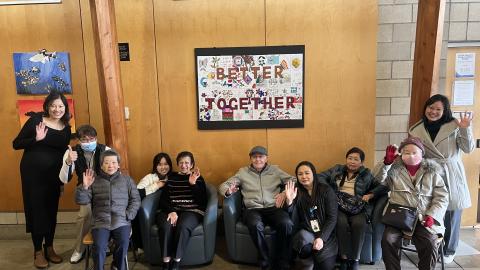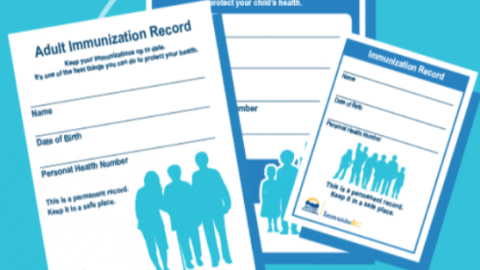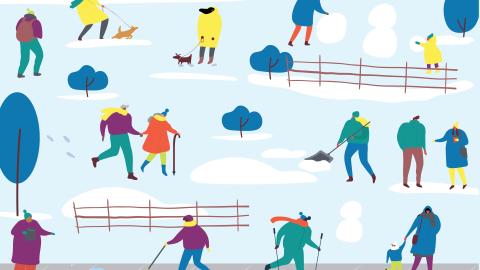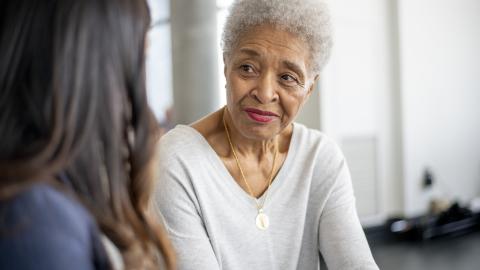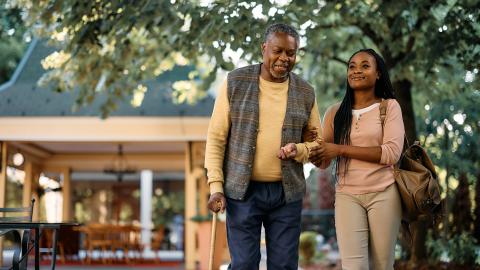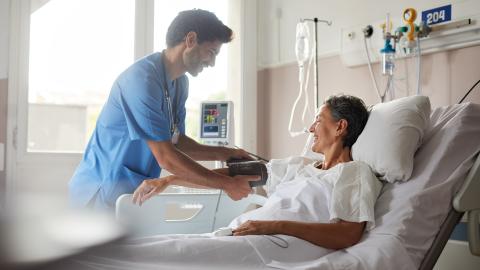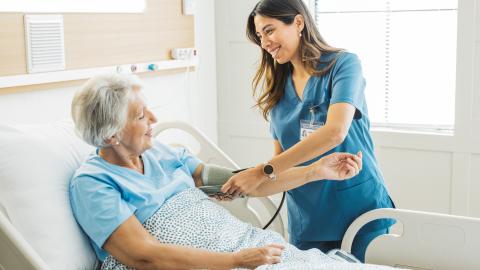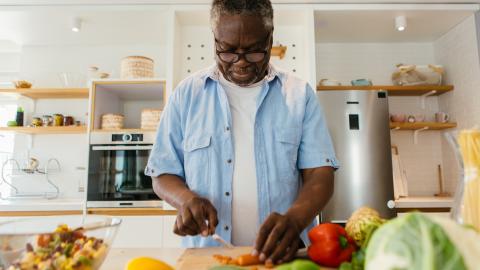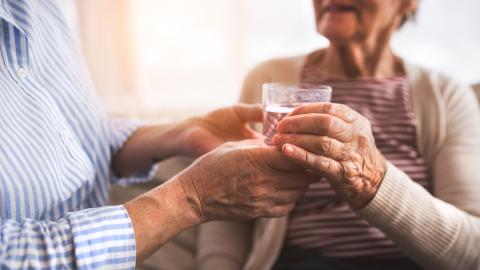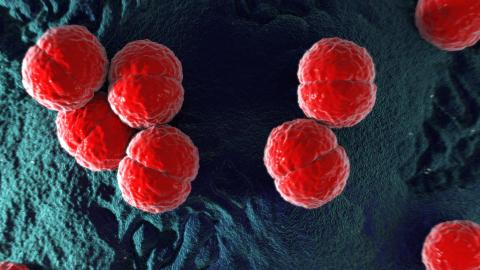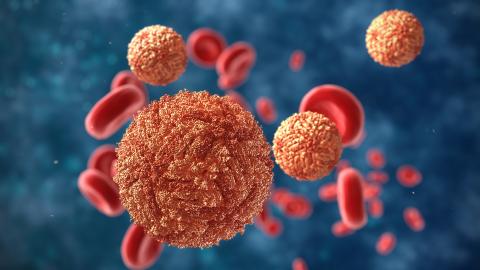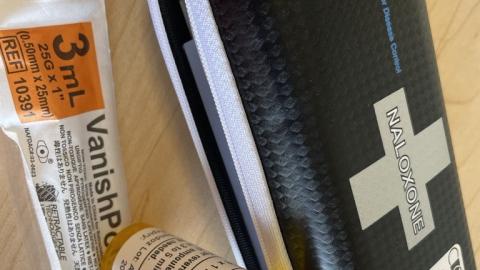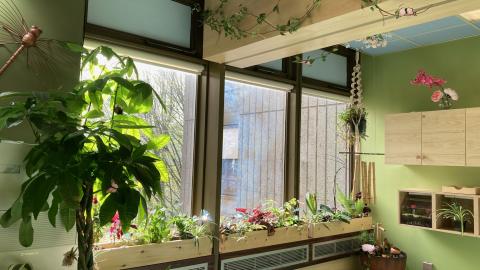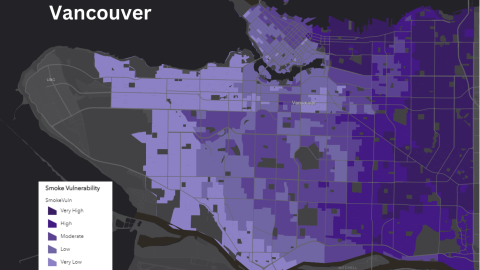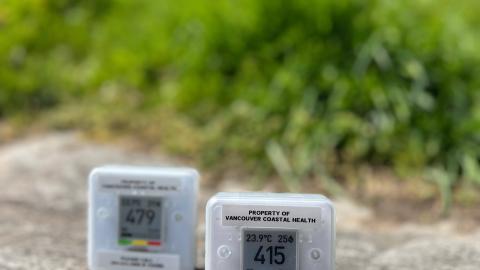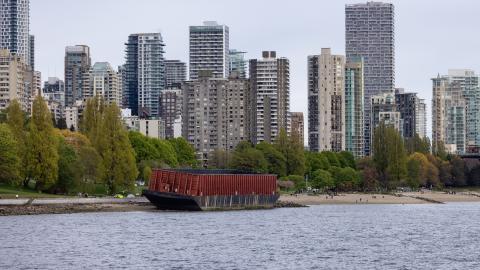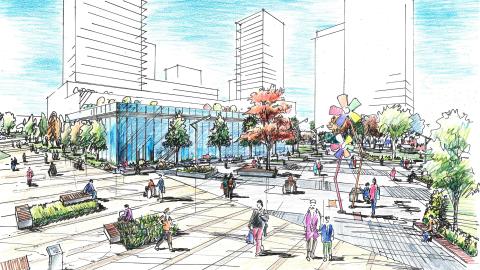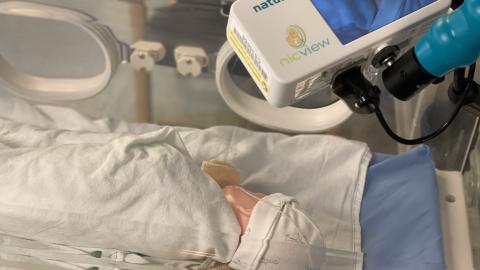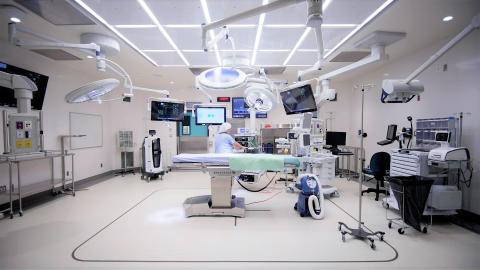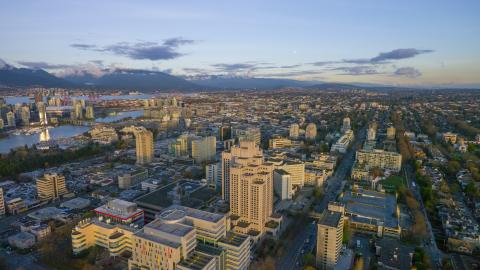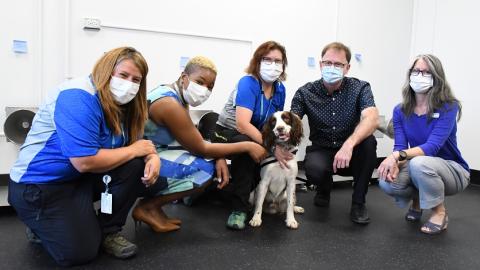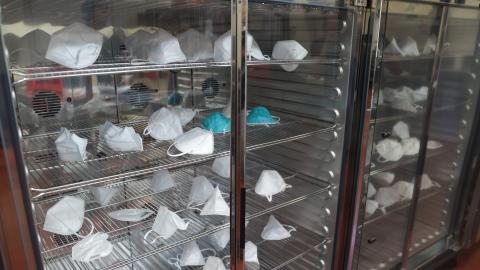Information bulletin
More tools to fight overdoses in Howe Sound region
Vancouver, BC – “Never, ever do anything that could risk your family waking up tomorrow without you.” Those are the words of Jennifer Janson, who wakes up every day without her son, Martin. The 19-year-old died of an accidental overdose of sleeping pills and cocaine in Whistler in 2014.
“Being young, doing amazing things, taking risks; that’s all part of the rite of passage to adulthood. But dying is not,” says his mother.
The Janson family wants there to be some purpose to Martin’s death. “My wish and hope is that education and expanded health care services combat the scourge of illicit drugs and prevent more overdoses,” says Jennifer.
To that end, Vancouver Coastal Health is now expanding the availability of take home naloxone kits in the Howe Sound region. Take home naloxone kits are now available from the Whistler Health Centre, Pemberton Health Centre, Squamish General Hospital and Mental Health and Addiction Services in Squamish, Whistler and Pemberton.
“With over 20 years’ experience as a community paramedic, I know how important it is to provide help right away when someone has overdosed. While CPR skills are a first line of defence, having more take home naloxone kits available will also help save lives and make a difference for those who live in the Sea to Sky region,” says West Vancouver-Sea to Sky MLA Jordan Sturdy. “The Janson family’s story is tragic and is one that no family should have to experience.”
From January to December 10, 2016, there were 111 overdoses due to illicit or unknown substances in the Howe Sound region; 60 at the Whistler Health Centre, 32 at Squamish General Hospital and 19 at the Pemberton Health Centre. The vast majority of overdoses for which the substance is known, involve alcohol.
All 14 urgent care centres and emergency departments in the Vancouver Coastal Health region now have naloxone in stock for nurses and doctors to give to patients on discharge. There are 71 additional sites in the VCH region, including community health centres and harm reduction services, where the kits are available. The kits are provided by the BC Centre for Disease Control’s Take Home Naloxone program.
“Although we see a relatively small number of illicit drug overdoses in the Howe Sound region, it’s important that people who use drugs have access to naloxone,” says Dr. Mark Lysyshyn, Medical Health Officer, Vancouver Coastal Health. “People need to know that drugs can be contaminated with opioids such as fentanyl, which can suppress breathing and result in severe brain damage and death. Naloxone can restore breathing within minutes and if given soon enough, can prevent brain damage and death.”
As the New Year approaches and the overdose crisis continues, it’s important that people who use drugs have the tools to keep themselves safe.
"This is an issue that goes beyond policing that requires a coordinated approach that includes prevention, education, harm reduction and enforcement," says Inspector Kara Triance, Officer-in-Charge of Sea-to-Sky. "Sadly, we have experienced the tragedy of the overdose crisis in our own region and the RCMP supports all efforts to ensure that an overdose is treated as a health and medical emergency," adds Insp. Triance.
Having naloxone kits widely available is just one of the initiatives underway to help address the public health emergency related to the rising number of illicit drug-related overdoses and deaths.
The initiative supports the work of the Joint Task Force on Overdose Response. Headed by Provincial Health Officer Dr. Perry Kendall and Director of Police Services Clayton Pecknold, the task force is providing expert leadership and advice to the Province on additional actions to prevent and respond to overdoses in British Columbia. As part of this response, law enforcement is working at all levels of government to intercept and block the supply of toxic drugs, and health officials are working to address the immediate and longer-term health needs. To that end, B.C. is expanding access to life-saving naloxone, supervised consumption services, and opioid addiction treatment medications and services, as well as improving the effectiveness of addiction treatment and access to appropriate substance use supports.
VCH is responsible for the delivery of $3.4 billion in community, hospital and residential care to more than one million people in communities including Richmond, Vancouver, the North Shore, Sunshine Coast, Sea to Sky corridor, Powell River, Bella Bella and Bella Coola.
For media enquiries
Carrie Stefanson
Public Affairs Officer
Vancouver Coastal Health
Office: (604) 708-5338
Cell: (604) 312-1148
Email: carrie.stefanson@vch.ca























